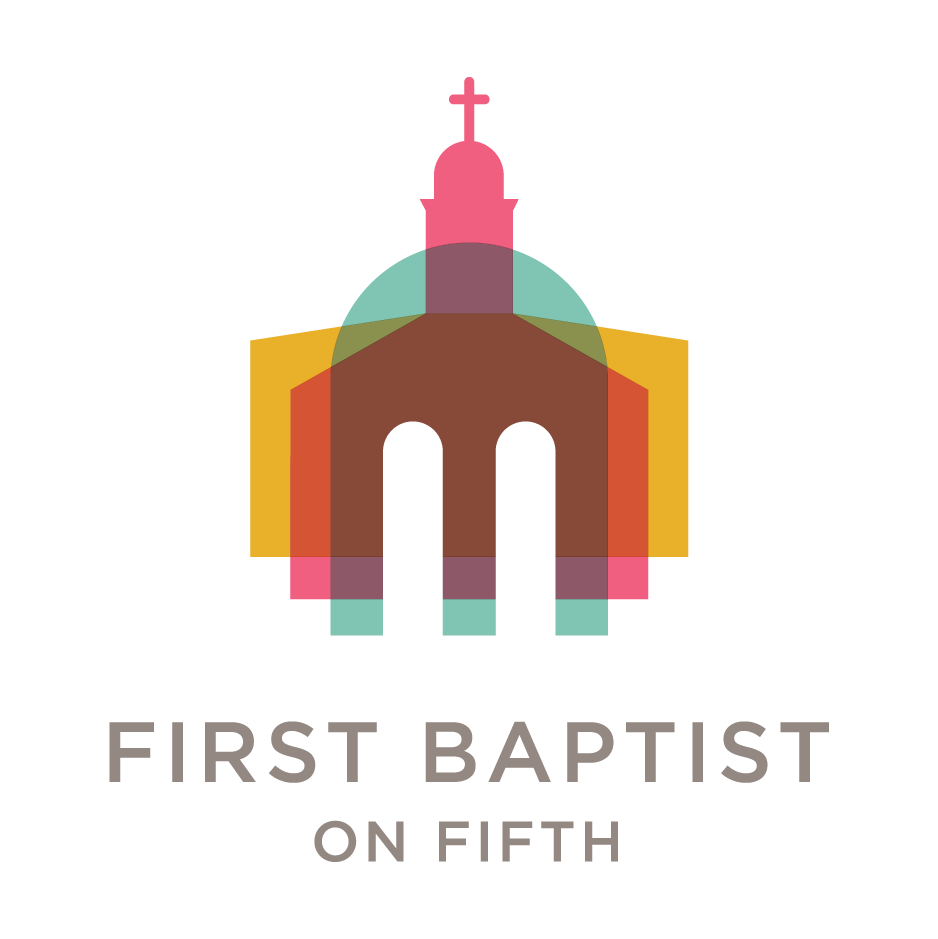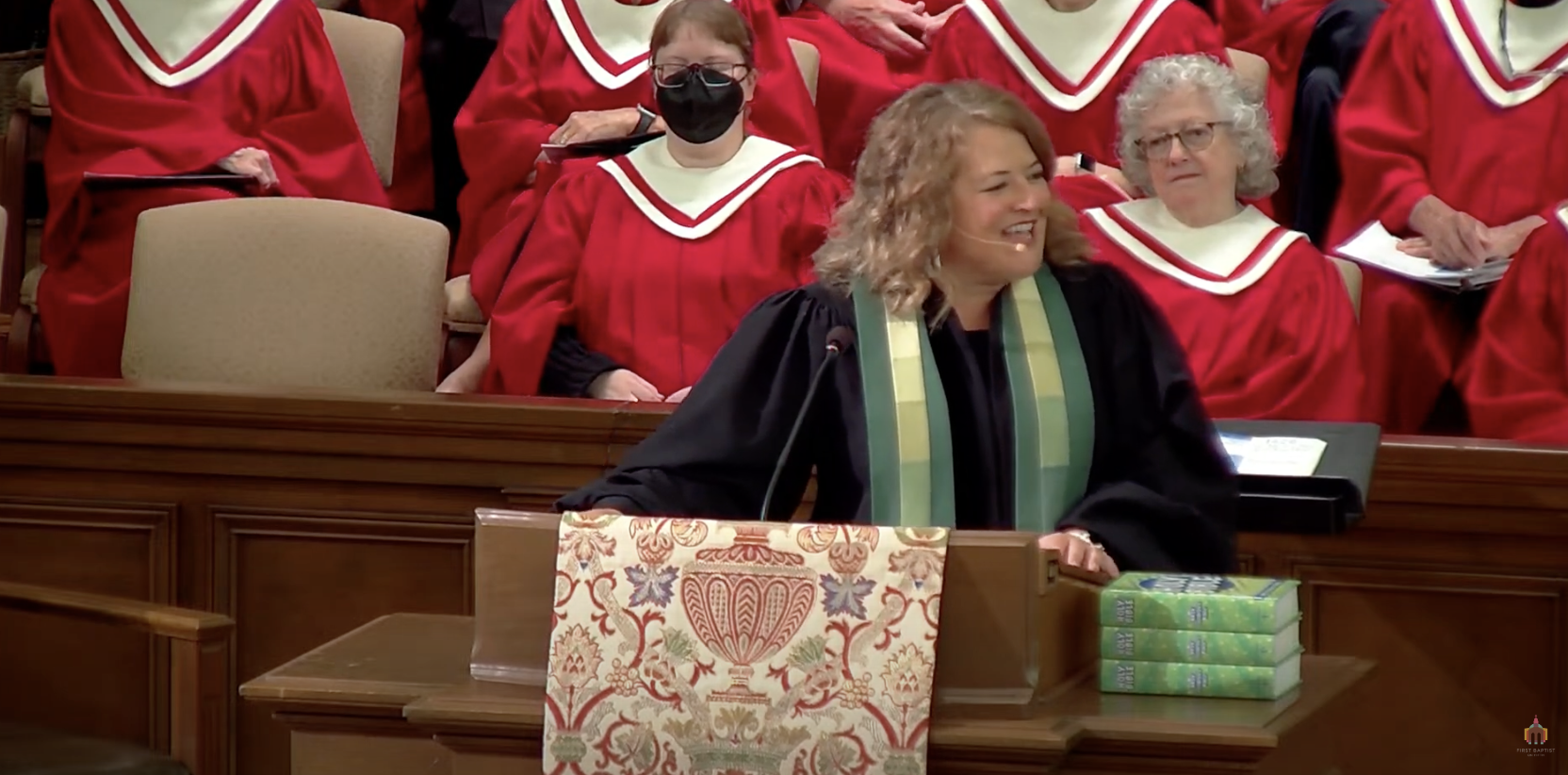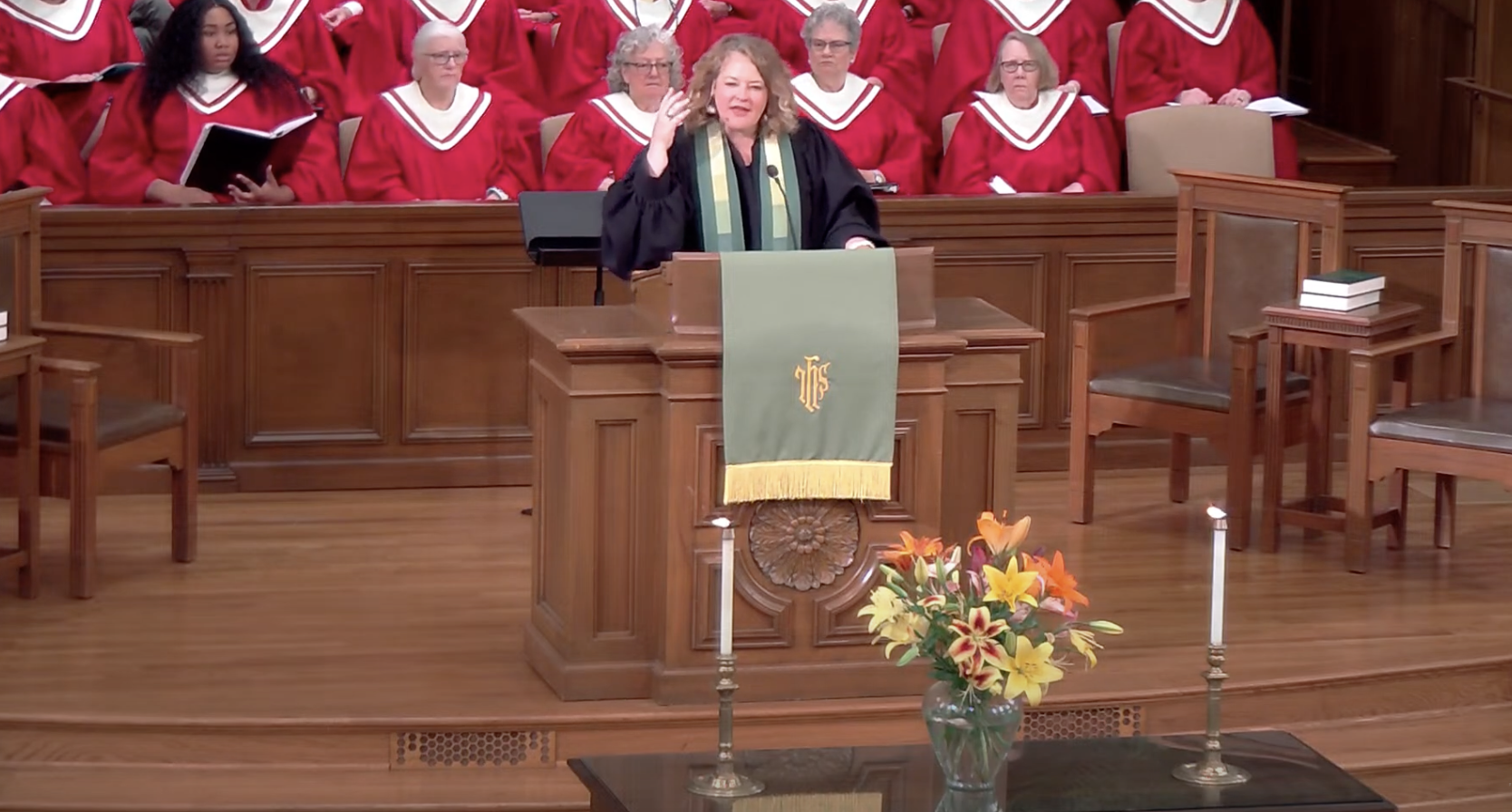I I feel confident that in a few months when all the “best of” lists begin to come out, that the memoir called Spare will be at the top. You know the one. Spare is Prince Harry’s bestselling take on his life, whose story begins at Diana’s death and ends at the present. Spare sold 3.2M copies in its first week, and remains the fastest-selling memoir in history. I’m sure actual palace intrigue drove many of those readers (of us!) to buy, and palace gossip is what we found, but truly it is a story of conflict right at the heart.
I listened to Prince Harry’s reading of Spare earlier this year as I had some long drives for work trips to occupy, and it did live up to the hype, I must say. But I couldn’t help but to feel the heartbreak in this story, the pathos behind the public-facing facade, most acutely when Prince Harry speaks of his now-troubled relationship with his brother, Prince William. What once was united, now is divided. Where they once found solace in shared experiences and heartbreak and values holding them together, now – in light of the strain of media and family and fame and duty and difference – has fostered resentment and split them apart, an ocean now quite literally between them. For when it comes to sibling rivalry, and the bitterness and scarcity that can emerge, it seems not even royalty is immune.
II I sure hope you’re finding our summer deep dive into Genesis as endlessly fascinating as I am. These stories – of Adam and Eve struggling with boundaries, of Noah and hope, of Abraham and trust, of Hagar and being seen, of Sarah and possibility, of Isaac and provision – these are our stories, aren’t they? Laced in the earliest words of our faith are story after story that lift so many of our lived human experiences and meet them with ancient wisdom. And today is no different, as we encounter yet another bitter sibling rivalry, that of Jacob and Esau.
We move from the Abraham narratives to the Jacob narratives, an entangled web of human motives where faithfulness is laced with self-interest, and it’s not always clear which strand will be dominant. As scholar Walter Brueggemann notes, “this grandson of the promise is a rascal compared to his faithful grandfather Abraham or his successful father Isaac.”1 Or, I’d add, to his creative and energetic mother, Rebekah. Our text reminds us that after Isaac and Rebekah married, Isaac prayed for children, because Rebekah was barren. She conceived twins, children who, as Genesis says, “struggled together within her.” And upon asking God why such a struggle was hers to bear, the Lord responds with unmistakable foreshadowing: “two nations are in your womb, and two peoples born of you shall be divided; the one shall be stronger than the other; the elder shall serve the younger.”
That should be our first clue that this will become a story of conflict. In many ways, these brothers were each other’s opposites. Out they came: the first, Esau, ruddy and hairy; the second, Jacob, gripping Esau’s heel, a fighter from the very start. Esau was a hunter, an outdoorsman, one who lived his life in the fields. He was his father’s favorite. Jacob, Genesis tells us, was “a quiet man living in the tents,” perhaps helping his mother tend their home and becoming her favorite along the way. Rebekah knew that, for reasons yet unknown and reasons not shared with Isaac, the Lord’s promise was intended for Jacob. Seeds of conflict everywhere we turn, right?
We keep this origin story in mind as we hear these twin stories of conflict: one of a stolen birthright, one of a coerced blessing, all filled with the earthiness of being human. In the first, Esau returns from a long day of hunting: famished and grumpy, demanding some of the stew Jacob was cooking. That stew called “pottage” in earlier translations might be some version of a red lentil soup. “That red stuff,” Esau calls it, and, then as Genesis says, “therefore he was called Edom,” which means red. (A fun aside – I learned this translation of Edom from my Uncle David, a lover of quirky facts in the Bible and a builder, who once cleverly named a new development “Edom-neck.” But I digress!) “I’m about to die,” Esau claims, sounding like every kid begging for an after school snack. “Then give me your birthright,” Jacob bargains shrewdly, cooking up a stew alright, “and I’ll give you some stew. Swear it to me.” Esau caved. And plotting, taking advantage of his brother’s hunger, belying what we might think of the “quiet son in the tents,” Jacob lives into the prophetic words of God. Got to be the first recorded take of such lasting implications of a hangry man! The urgencies of human need superseded the lasting anchor of a birthright.
The second story, one of a coerced blessing. Years had passed, and these young boys are grown now. Isaac is nearing his end. He’s blind and weak, and the time had come to pass along the blessing of the firstborn. In those days, this blessing carried much that mattered: the property, the family responsibility, the status and privilege and long-awaited rights of being, finally, the one in charge, but most importantly, the transmission of the faith from generation to generation. So Isaac plans a special day with Esau. “Go out into the field,” Isaac directs Esau, “and hunt game for me, then prepare it just as I like, and bring it to me to enjoy so I can bless you before I die.” But as Esau leaves, Rebekah enters, aware that this was the moment to secure the future for her favored son. “Go quickly,” she commands Jacob. “Kill two goats. I’ll make his favorite meal. Then you’ll put on Esau’s clothes to smell like him, you’ll lay the skins of the goats on your arms to feel like him. Isaac’s blind and won’t know a thing.”
And so they did. Isaac questions him: “you sound like Jacob, but feel like Esau. Are you really my son, Esau?” Shamelessly, Jacob answers, “I am.” He even passes the smell test. “Ah the smell of my son,” Isaac says, “is like the smell of a field that the Lord has blessed.” And with words of blessing pouring forth, Isaac gives it all to Jacob.
Double-crossing Isaac. Twice cheating Esau. Let me read for us what happens next, and as I do, hold in your mind and heart the struggle that began in the womb, the conflict that flared with a birthright and two very human brothers, and now the blessing received by misrepresentation that makes final the betrayal. READ GENESIS 27:30-40.
III It’s a tale as old as time, isn’t it? Not just the story of siblings fighting over their place in the landscape of their family or squabbling over who is loved more. But rather — the story of conflict, conflict at the root of our inner lives, conflict that feeds on the hungers in our relationships, conflict that emerges with God, conflict that leaves us bereft and bewildered, unable to determine who we are in this world.
I think of the conflict within us: unsure as to where we fit, hesitant to believe that we are worthy, struggling with competing values and needs. You know what that inner monologue sounds like: I really want to make good decisionsfor the sake of our Earth, but Amazon Prime isso convenient! I really should get up and work out, but I’m so tired! (It’s no wonder that this conflict is often characterized as the devil and the angel on our shoulder, or a shadow self!) Or I keep hearing remindersthat we can do hard things, but not this one; I just don’t think I can manage. Or I really feel called to follow this particular dream, but do I even have what it takes? Or I just don’t know who I am anymore after the loss, and I’m notsure I’ll ever figure it out. Conflict within us can look like Jacob, acting apart from what he believes to be true; like Paul, “my spirit is willing but my flesh is weak”; like the soldier before Jesus, “I believe, help then my unbelief.” Conflict in our inner lives can distend us: stretching one way of being far apart from the other and leaving our very soul confused and torn in its wake.
So too of the conflict between us: tension that starts quietly and then emerges, escalates, and erupts between people of all kinds – with a partner or parent, a child or friend, a colleague or neighbor. And in this day and age, interpersonal conflicts seem to be everywhere we turn. We know it, right?I can’tstand when my dad brushes me off like that; I’m not going to apologize for
yelling at him when he doesit. Or did you see how annoying she was when we hung out the other night? Not doing that again! Or I can’t believe that he would vote like that or thatshe would believe like that; I just don’t think we can be friends anymore. Conflict between us can look like Esau hating Jacob and Jacob spending decades in fear; like David coveting his neighbor’s wife and acting on it; like the religious leaders quarreling among themselves about Jesus and the purity of the law. Conflict in our relationships can dismember us: cutting off the very possibility of greater understanding, greater knowing, greater love, and keeping us afraid and alone.
I have an untested hypothesis about conflict, untested because I haven’t polled every human who’s ever had conflict (which of course is every last human there is!). But my hypothesis is this: all conflict begins with assumed scarcity. All conflict begins with assumed scarcity. We assume there’s not enough of what we need to live our lives – not enough sleep, not enough time, not enough money, not enough authority, not enough hope – and find our heart and mind and soul and body at odds with each other. We assume there’s not enough between us to sustain us – not enough love, not enough compassion, not enough understanding, not enough there. This of course happens on a global scale too, when countries or people groups assume there ‘s not enough power so we must take another’s, not enough security so we must threaten the safety of another, not enough resources so we must rob the earth of its bounty, not enough privilege so we must assert our own at any change, not enough common sense and trust so we must ban books and remove rights and force beliefs to be sure. When we perceive scarcity, we can’t help but to be afraid and to feel hurt. And hurt people hurt people.
Yet I wonder if when we feel conflict begin to brew – within us or among us – if instead we practiced abundance. If instead, we remembered our original birthright and blessing, one that can never be stolen or removed. For friends, hear the good news: your birthright is that you are a beloved child of God! Your blessing is that of God’s image, woven into each and every human life. Your birthright is God’s grace that is sufficient for you, grace greater than all our sins, grace that is “on the house.”2 Your blessing is that in Christ, there is no longer Jew nor Greek, slave nor free, male and female, for we are all one in Christ Jesus our Lord. No longer must you be enslaved to scarcity, sure that there will never be enough and that you must fight and claw and scheme and silence to get what you deserve. No! “All I have is yours,” the father tells the prodigal child. In God, there is only abundance. In God, all lives begin and end with blessing.
IV Just this past week, I had a practice in conflict management in a most unexpected place: the parking office at Forsyth Hospital. I was there to see one of our members after surgery, but needed to renew my clergy badge that gives us easier access to get in and out of the hospitals with the frequency we travel. I popped into the office to ask about a new badge, and met Calvin Smith, the head of the parking office and part-time pastor at a church in Thomasville. We exchanged pleasantries, and when he asked where I served and my role, we did the dance that often comes when I share about what I do. “You mean, you’re the head pastor?” Yes. “Are you the first lady pastor at that big church?” Yes. And then the conversation took a bit of a turn, as Calvin began to ask if our church was one who welcomes all sorts of people (yes) and had ‘women and gays’ in leadership (yes). I started planning my exit strategy at that point, especially when my conversation partner began waxing poetic about Eve stepping out of line and all the women who’ve mistaken their role ever sense. Ohhh, my blood started to run hot, and I very nearly offered the “thank you so much, I’m going to have to run” off-ramp to a conversation that couldn’t be headed anywhere good. But fortunately, I stayed.
Calvin stopped pontificating and began to share of his worries: worries about the young Black men in his church and what was facing them in the world, worries about the fractures in our common life and the rise of individualism, worries about the declining centrality of the church and what we the pastors are to do about it all. And I softened, thankfully. He then asked me what I thought, and our conversation shifted from a monologue to a dialogue. Verse for verse – him and me, him and me – we kept returning to our sacred text, to problematic words and misinterpreted stories, both now dipping our buckets back in the well for the living water we trusted we’d find.
And wouldn’t you know it, despite all that separated us – he, a retirement-age Black man, me a 40-something white woman; he who believes in traditional interpretations of gender and sexuality, and me who believes that the Holy Spirit is constantly at work blowing new winds of understanding that always widen the circle evermore; Calvin and Emily – somehow we found common ground. I reached for Genesis 1: “Calvin, we all are bearers of the image of God,” I said, “every one. Every human. Even the ones we’d rather not love!” “Yes!,” he nodded vigorously. “And sis, in Christ there is neither Jew nor Greek, slave nor free, male and female, for we are all one in Jesus.” “Yes!” I said. Somehow amidst all that divided us, here was common ground that could hold us even still. Right here. Not diminishing our differences or forcing uniformity where it wouldn’t be possible, but holding the breadth of us all within the original birthright – born beloved by God, bearing God in this world – and blessing – all one in Christ Jesus.
Forty-five minutes later when I left, we hugged and meant it. Calvin promised anything we might need to let him know, and I promised to visit next time I was there. “I’m so proud of you, sister,” he said, his eyes shining. I left lighter, my eyes open to where I might be surprised by reconciliation next.
VFriends, remember this: no matter the conflict you face, let your birthright and blessing from God be that which tethers you. For you are beloved, and in Christ, we all are one. Amen!





